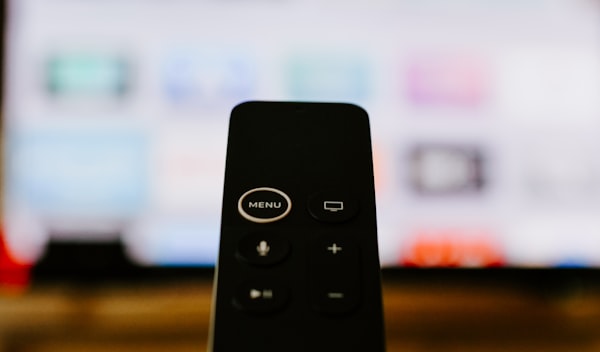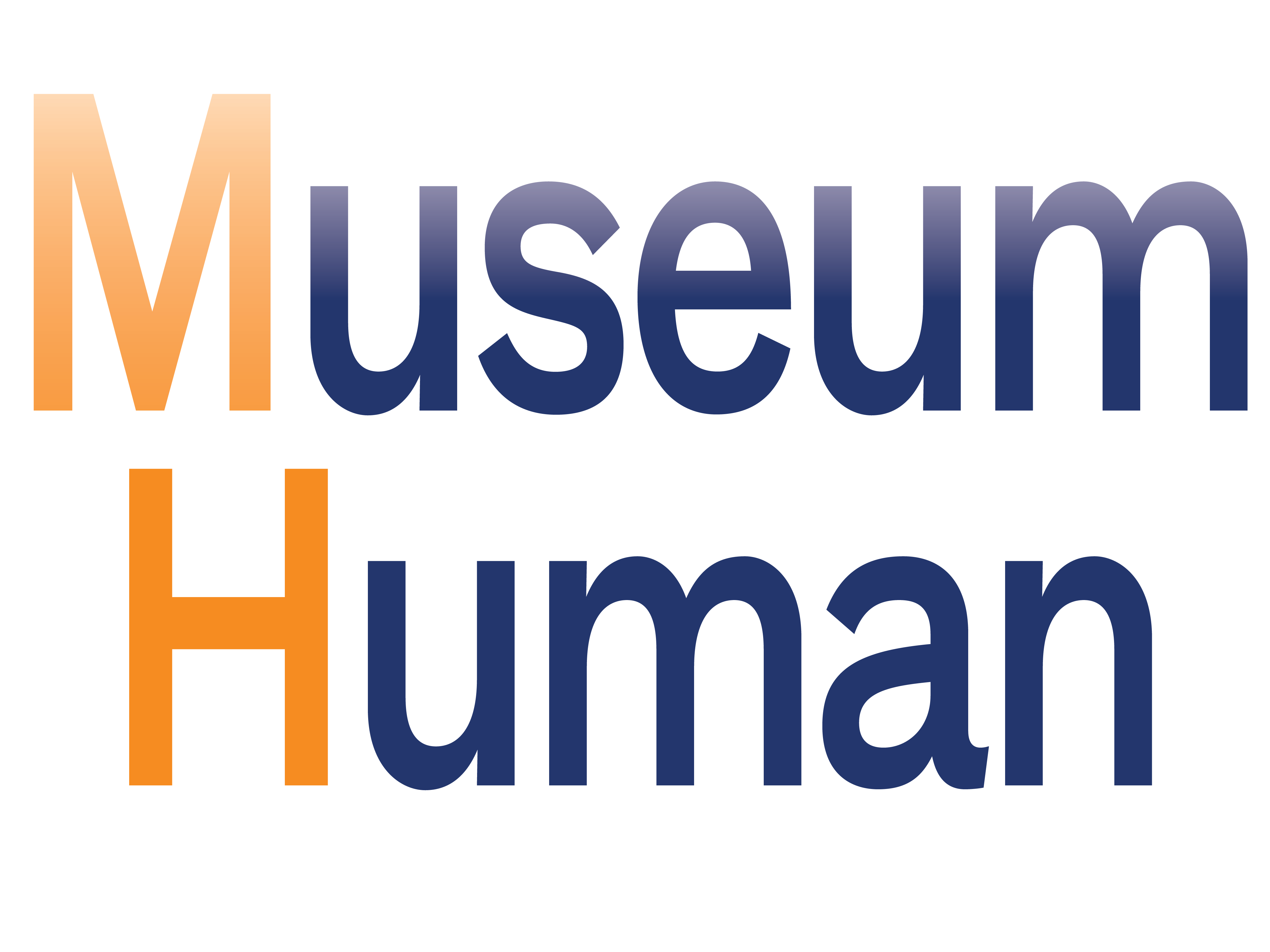
Remote work is only one element of respectful workplaces. What are some others?
If you're reading this and not a subscriber to Museum Human, consider scrolling to the bottom and signing up now—it's free and is the only way to read the site's longer weekly post on the organizational culture of cultural organizations and to learn about upcoming subscriber-only events.
I participated in a fun Twitter thread recently about remote work, starting with a Bloomberg story on corporate leaders growing more desperate about workers refusing to accept return-to-office plans:
Workers are calling bs on the water-cooler-conversation-innovation myth, and desperate leaders aren't sure what to do next. https://t.co/YyXRXxniLm
— Museum Human (@robertjweisberg) May 12, 2022
As I let the next wave of remote-work links accrue, here's a range of workplace conversations about a variety of topics, including but not limited to remote and hybrid work. (And here's a Bloomberg op-ed from last month about how workers were right to push back on unnecessary return-to-office demands—Apple has in fact paused their mandatory three-days-in-the-office plan, citing increasing Covid numbers.)
Oh, and I was going through my Pocket archive just to see if there were long-forgotten articles I could delete, and I came across this Harvard Business Review piece from 2017, titled "We’re Thinking About Organizational Culture All Wrong." It made me think of my post from Tuesday, "Are We Approaching Museum Org Culture All Wrong?" Though the HBR piece is more concerned with the question of whether it's a waste to try to unify culture around an organization—and my post thought that our org culture focus is too much on leaders—it felt like an interesting time machine of sorts. (As a bonus, check out this HBR piece I also found in my Pocket archive, "3 Things You’re Getting Wrong About Organizational Change.")
Okay, on to the links!
One: It's not quite as bad as the clickbait headline, but this article from Harvard Business Review has some lessons on changing our mindset so that we lose our tether to 9-to-5 as normal working hours—if we want the flexibility to schedule work around our lives, that is.
Two: Another great Twitter thread from Ethan Mollick has receipts for why informal video events can be substitutes for the mythical water cooler conversations.
Three: I pointed this out in this month's review of Anne Helen Petersen's Out of Office (written with her partner Charlie Warzel), but consulting behemoth McKinsey had an impressive blog post on true flexibility. They define three kinds:
- where to work
- when to work
- how to work
And they state that orgs have to understand and prioritize all three. (If you'd like a reminder about flexibility, not fauxibility, check out this Museum Human post from early 2021.)
Four: One of the hallmarks of leaders who ask their staff to prioritize organizational health ahead of their own well-being is a call for resilience. This article from MIT's Sloan Review—written by Liz Fosslien and Mollie West Duffy, two authors I've mentioned a couple of times recently for their new book on the quest for honest feelings in workplaces—has five things managers and leaders can do instead of expecting resilience. It's a promising list, especially in the ways that bosses can create space by not insisting on certain behaviors from their workers:
- Make well-being a collective practice.
- Look back at how far you’ve come as a team.
- Use one-on-one meetings wisely.
- Understand and adjust for different emotional expression tendencies.
- Create shared language.
It should go without saying that all of these take TMPR—Time, Money, People, and Resources—and can't happen in museums when crushing workloads keep us perpetually exhausted.
Five: Tools don't make a virtual workshop. If you're interested in how workplace technology and workplace communication are doing—or not—during the pandemic, check out this Medium piece on virtual whiteboards and similar collaborative presence tools.
Six: One supposed benefit of remote work is that workers will somehow have more time to learn and upskill, as per this HBR article. But, as I've noted above, remote work does not more time make. The linked piece at least acknowledges that workers may very well know better than leaders what they need to learn, but I was disturbed again that AI and machine learning were considered the keys to designing personalized curricula.
Seven: This may not seem like it has anything to do with remote work, but stick with me here. This new book from New York Times political reporters was reviewed in the Guardian and provided a mainstream trashing of the congressional "Squad" and the left. I'm a big fan of AOC and her ilk, but I want to note here that we have a habit of identifying the wrong culprits. In museum work, it's not just bad bosses and vision-only leaders or demanding millennials and Gen Z-ers (what about GenX? are we too cynical and worn out for these fights?) but an entire structure that forces everyone into boxes of roles and behaviors. The system is a set of decisions, folks.
Eight: This article from the website Corporate Rebels provides case studies of more radical change than many in the US might be familiar with. One example is the "NER" (new style of relations) philosophy, which involves a radical flattening of hierarchy, replaced by autonomous teams.
Nine: This piece from consulting titan McKinsey discusses other forms of compensation besides the financial. If not used as a distraction from or excuse for low pay, it's possible for organizations to move past the tyranny of "we're paying you, we own you."
Ten: Finally, this HBR article mentions the concept of a "Chief Project Officer," who would theoretically provide the organizational impetus for better project effectiveness. What would that mean, besides "promoting a culture of value creation and benefits delivery"?
Liberation
If the Groundhog Day nature of remote work discussions is getting you down, remember that we can use our annoyance to help focus ourselves on compassion, helping others, and solutions without moving. I'm not trying to be too new agey here, just holistic—solutions are a journey, and we take it when we join in awareness with others.
The debate about remote work is just one of the discussions that will get museums to be more humane workplaces. Liberate yourself from focusing on just one and especially from seeing yourself in isolation. We have to form networks of care in our museum organizations.
If you're reading this and not a subscriber to Museum Human, consider signing up for a free subscription below—it's the only way to read the site's longer weekly post on the organizational culture of cultural organizations and to learn about upcoming subscriber-only events and communities. Thank you for reading!
cover photo by Kelly Sikkema / Unsplash [description: a remote control with a blurry screen in the background]

Links of the Week: May 20, 2022: Grabbing the Remote by Robert J Weisberg is licensed under a Creative Commons Attribution-NonCommercial-ShareAlike 4.0 International License.






